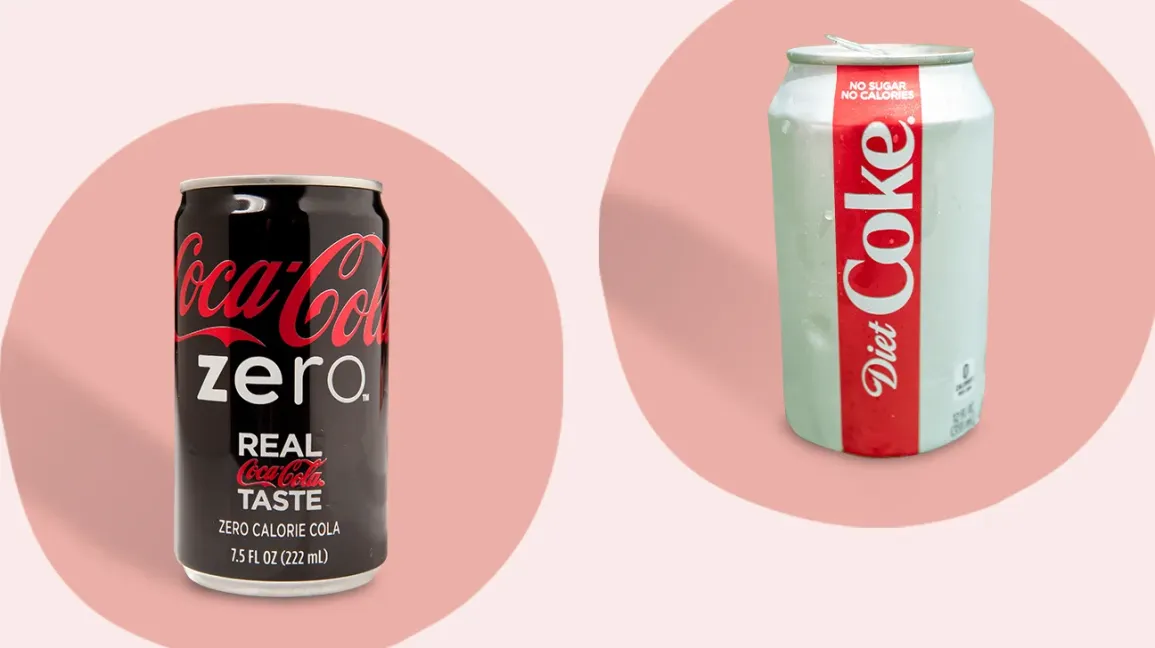Soda has been around since 1767, with many brands and flavoring. Not until 1983 is when the first ever sugar-free cola, “Diet Coke”, from “Coca-Cola”. A couple years later, in 2006, followed by the sugar free cola, the “Coca-Cola Zero” came out.
Both “Diet Coke” and “Coca-Cola Zero” were made to be an alternative to “Coca-Cola”. Their aim with that was to make it healthier. However, are they healthier alternatives?
The similar things both sodas have is that they have no calories, contain caffeine, natural favors, and carmel colors. Difference between the two sodas is that “Diet Coke” alternative use of sugar is aspartame; on the other hand, “Coca-Cola Zero” alternative use of sugar is acesulfame potassium and also, aspartame.
Aspartame and acesulfame potassium has been FDA approved, and considered safe in small amounts. However for people out in the health and wellness group, they can categorize these artificial sweeteners as poison.
Aspartame is much sweeter than regular sugar, however there has been research by the World Health Organization saying that there is a risk of it being carcinogenic to humans, meaning that it can pose a risk for humans to develop cancer. The same thing can be said about acesulfame potassium, along with, can cause harm during pregnancy.
“Diet Coke” and “Coca-Cola Zero”, both contain caffeine, but “Diet Coke” has been said to have 46 milligrams of caffeine being much higher compared to “Coca-Cola Zero”, having about 34 milligrams of caffeine in a 12-ounce can.
Brynn Woodall, a sophomore, said “I prefer ‘Coke Zero’ because I feel like ‘Diet Coke’ is just as unhealthy as regular coke because the sugar substitute it uses has a weird aftertaste because it’s the artificial sweetener that ‘Coke Zero’ doesn’t tend to have.”
Seth Kazinski, a senior, said “So I think the taste of ‘Diet Coke’ is super bad and I have no idea why people drink it, on the other hand, ‘Coke Zero’ taste is so much better. ‘Diet Coke’ has an aluminum-like taste while ‘Coke Zero’ taste is close to the original.”


















